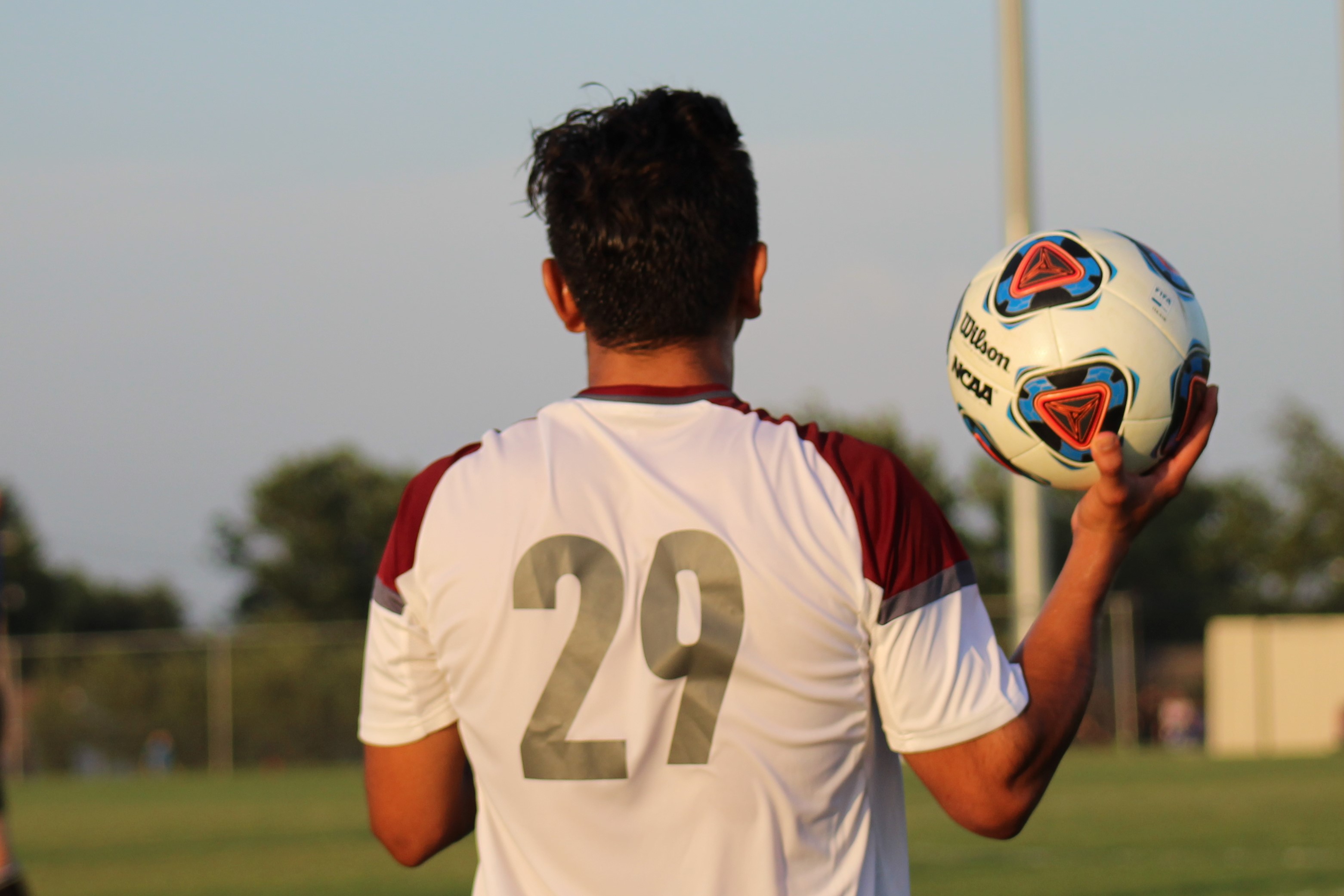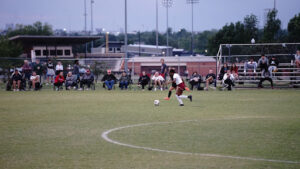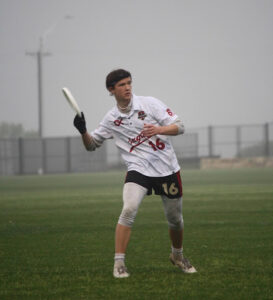Oklahoma Christian University’s women’s soccer team did not escape the vast amount of changes COVID-19 caused this year.
“The NCAA back in the summer said that basically all sports were cut about 20%,” said Meagan Anderson, the team’s head coach. “So, we lost four games, which took us down to fourteen.”
Games often mean much more to the athlete than the audience.
“It doesn’t seem like a lot, but to us playing it feels kind of like half my season has been taken away,” said Natalie Thomas, a junior forward.
COVID-19’s agenda of changes included not only a shorter season, but a different season altogether. Soccer normally competes in the fall, but this year they have been forced to play in the early winter part of the spring semester.
“Playing in the winter is obviously not ideal for any sport,” Anderson said. “It just creates a scheduling nightmare.”
More complications than scheduling arise from playing this time of year.
“It’s really cold outside. … It’s in the 20s and 30s,” Anderson said. “That’s just not conducive for training.”
The team must also compete with safety precautions while training and traveling.
“In training, we do our best to keep on the masks for as long as possible. That’s sometimes hard to do,” Anderson said. “We do our absolute best to mitigate all of that [risk], with the understanding that it’s a high involvement sport and you’re going to have to use your respiratory system.”
The changes made to traveling arrangements is a small part of a larger domino effect.
“We were assigned to our rooms with people we lived closely with,” Thomas said. “So, it really didn’t allow us to have bonding with another member of the team other than the person you already know.”
The lack of team bonding has big implications.
“Off-the-field chemistry is just as important as the on-field chemistry,” Thomas said. “They correlate with each other because if I can’t trust you outside of soccer, how am I going to trust you inside of soccer?”
A normal season would look a bit different in terms of building that chemistry, including team dinners at their coach’s house.
“Before COVID last year, we did a team bonding event. We went bowling, we played some games, we did laser tag,” Thomas said. “Those were always so much fun and unfortunately, we couldn’t do it this year.”
Despite all the negatives, the unusual soccer season did manage to produce some benefits that would not have been likely to occur without COVID-19.
“Because it was so important to keep everyone away from each other, Coach really got to focus more on that one-on-one individual training, which I think helped out a lot,” Thomas said.
The talent of this year’s team contributed to the players’ optimism.
“Honestly, this is the best group of girls that I have played with here,” Thomas said.
Barring a reschedule, the next time you can see the result of this year’s training and talent in action on their home turf will be Feb. 20.












Be First to Comment